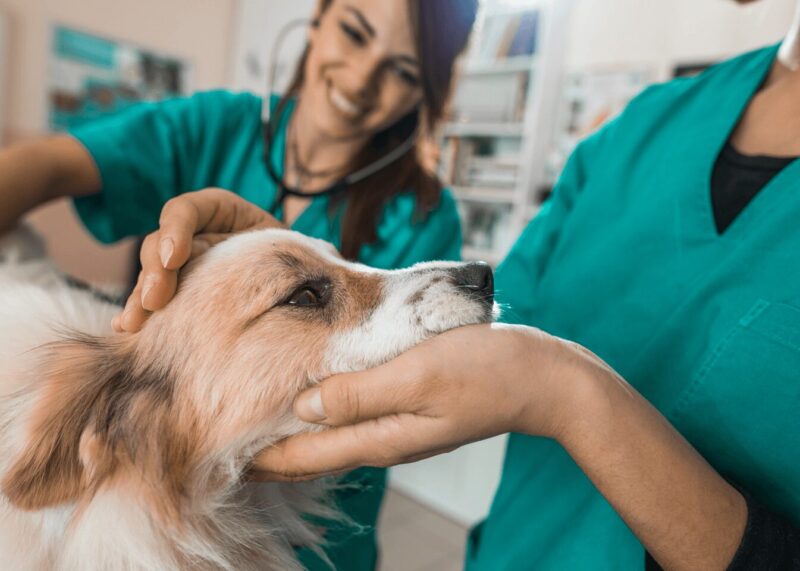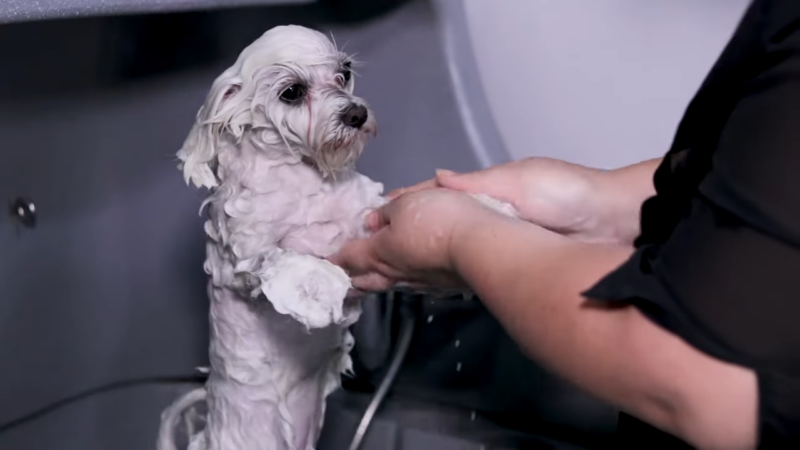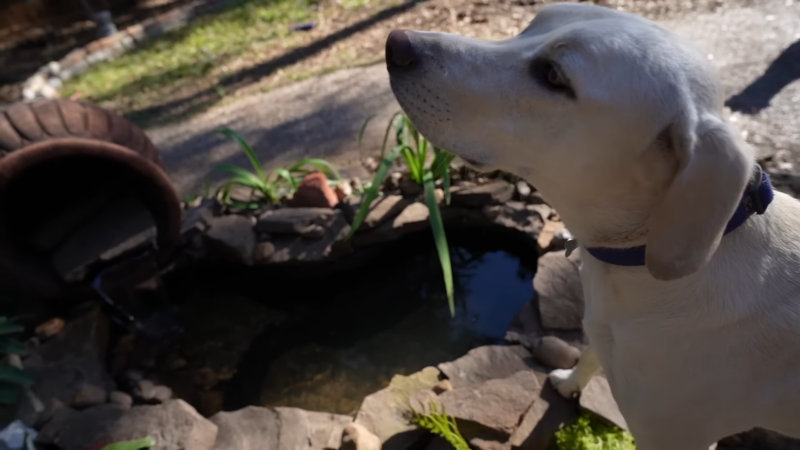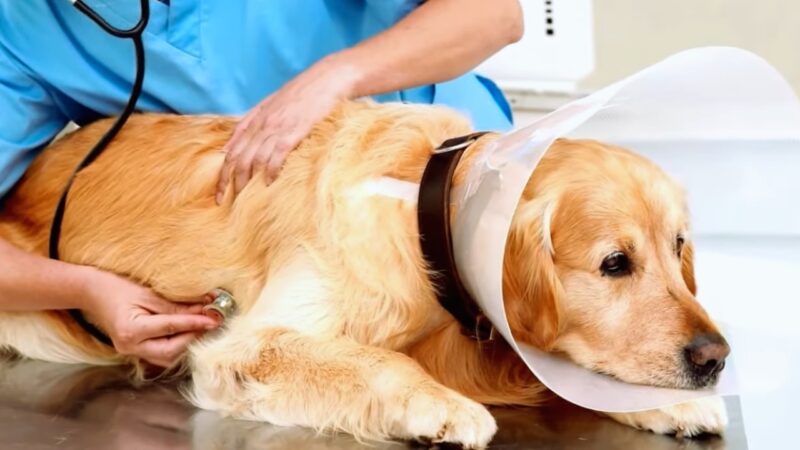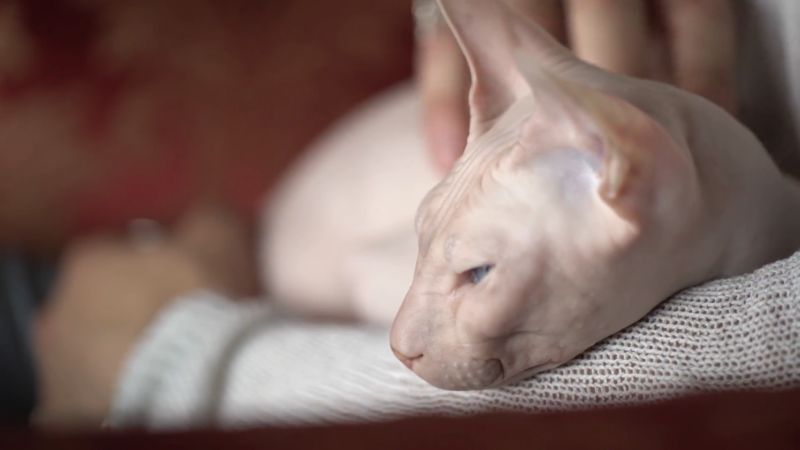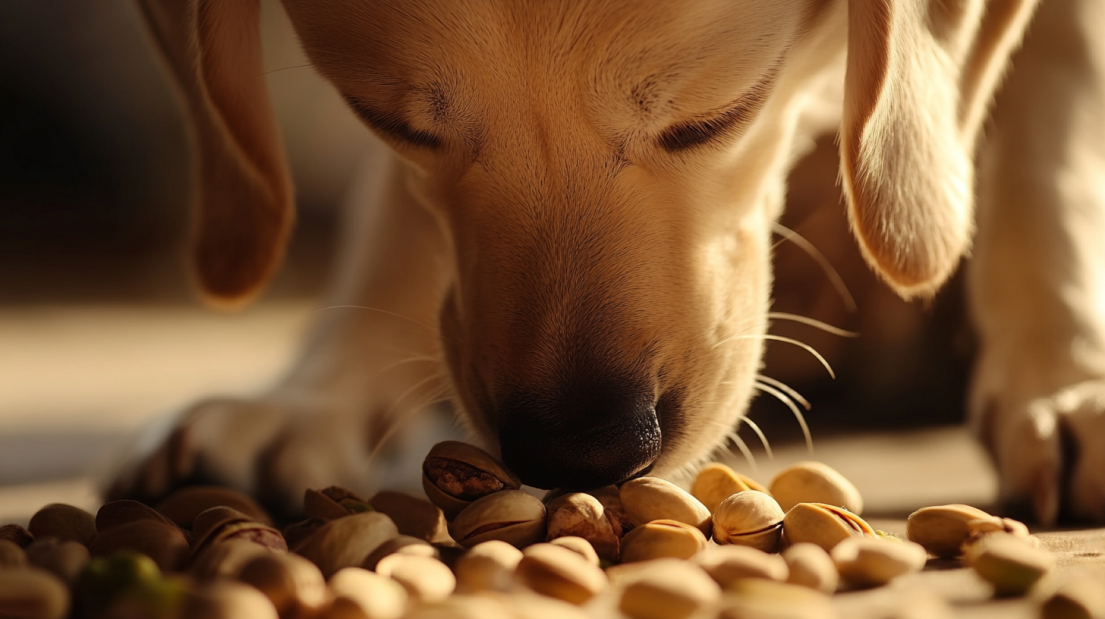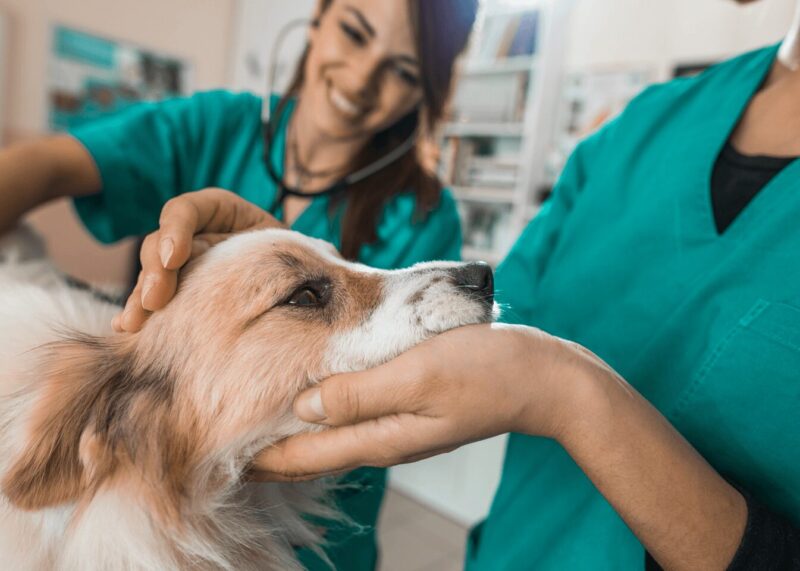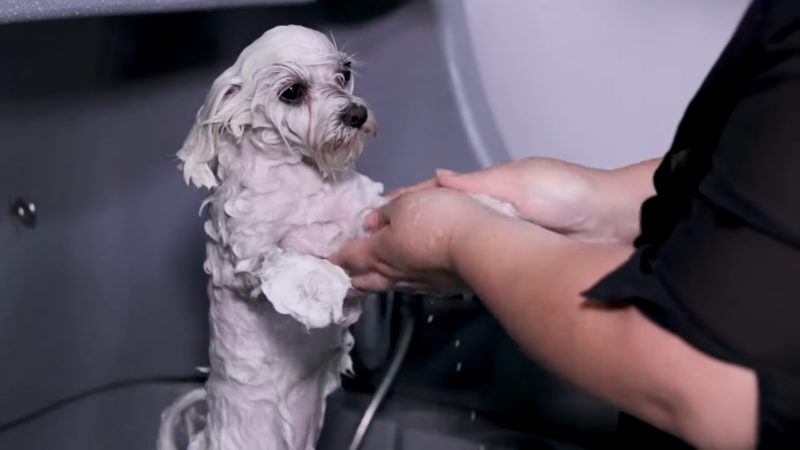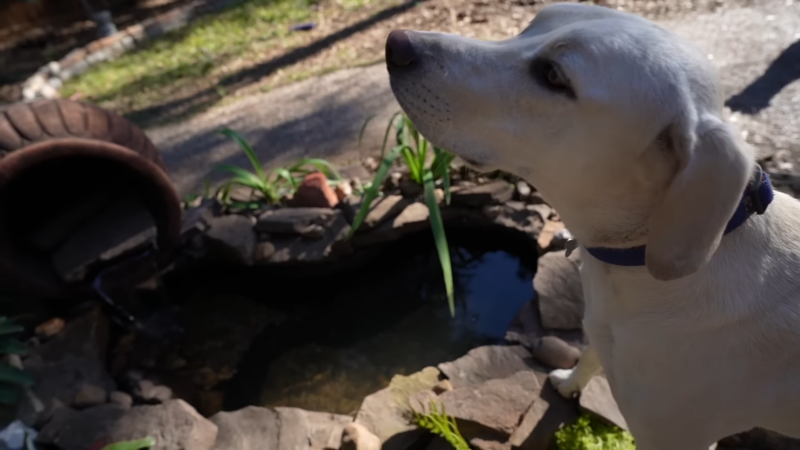
-
 Natasa Pantelic
Natasa Pantelic
- Published:
- Updated: March 12, 2024
- Category: Dog Specific Care, Pet Health and Care, Pet Names and Types
Share Post:
In the charming world of dog breeds, French Bulldogs have carved their niche as one of the most endearing and popular choices among pet owners. With their squashed noses, bat-like ears, and comically serious expressions, it’s no wonder they’ve garnered such affection.
But with their unique appearance and anatomy come challenges, especially in the realm of breeding.
Anatomy of the French Bulldog
French Bulldogs, fondly known as Frenchies, have distinct physical characteristics that, while attractive, pose significant challenges in the breeding process.
Brachycephalic Features
French Bulldogs are a brachycephalic breed, meaning they have a flattened skull and shorter snouts. Brachycephalic dogs have compacted airways, making them prone to breathing difficulties. This can make the act of mating physically exhausting and potentially dangerous for them.
Their facial structure can also cause dental issues, misaligned jaws, and crowded teeth, which aren’t directly related to breeding but are essential to understanding the comprehensive health challenges of the breed.
Broad Hips and Narrow Pelvis
An essential aspect to consider when understanding their breeding challenges is their body structure. Frenchies have broad shoulders, and their puppies have large heads. Combine this with a mother’s narrow pelvis, and you have a recipe for potential birthing complications.
Many French Bulldogs cannot give birth naturally due to this disproportionate anatomy and often require Cesarean sections to ensure both the mother and pups are safe.
Overheating and Stress
The unique anatomy of French Bulldogs makes them susceptible to various health concerns, including overheating. Frenchies have a difficult time regulating their body temperature. During the act of mating or the stress of labor, they can easily overheat, which is perilous.
Stress-induced complications can also arise during natural mating or birthing, leading to further potential health risks for both the mother and her puppies.
Risks of Natural Mating

Delving deeper into the concerns surrounding the act of mating for French Bulldogs reveals a myriad of potential risks.
Breathing Difficulties
As mentioned earlier, their brachycephalic nature poses inherent challenges. The physical act of mating can be strenuous for French Bulldogs. The male, especially, might experience extreme difficulty breathing during the process, leading to potential respiratory distress.
Because of these difficulties, many breeders opt for artificial insemination to ensure the safety of both dogs involved.
Potential for Injury
The physical disparities between male and female Bulldogs can lead to potential injuries during mating. Given the stout and compact build of Frenchies, aligning for natural mating can be awkward. This misalignment risks injuries, including sprains or even fractures.
Additionally, if a female Frenchie isn’t receptive or if there’s any resistance, the process becomes not just challenging but potentially harmful.
Inefficiency and Failed Attempts
Natural mating doesn’t always equate to successful impregnation, particularly with breeds that have inherent anatomical challenges. Due to their physical structure, Bulldogs often have difficulty in achieving and maintaining the necessary position for successful natural mating.
Multiple failed attempts can lead to increased stress and exhaustion for the dogs, further highlighting the efficiency and safety of artificial methods.
Challenges in Natural Birthing

Beyond mating, the act of natural birthing or whelping presents its set of pronounced challenges for French Bulldogs.
Dystocia
Dystocia refers to difficult labor or childbirth, a common issue in the breed. Given the puppy’s large head and the mother’s narrow pelvis, there’s a high risk of pups getting lodged in the birth canal. This is life-threatening for both the mother and the puppies.
While some breeds can often birth naturally even after a prolonged labor, every minute counts with Bulldogs due to their respiratory challenges.
Physical Exhaustion and Stress
Labor is an intense process, and for a breed already prone to overheating and respiratory problems, it can be exceedingly strenuous. Prolonged labor can lead to immense physical exhaustion, further complicating the birthing process for the mother.
The stress of labor, combined with the Frenchie’s inherent vulnerabilities, can escalate health risks and the potential need for emergency interventions.
High Cesarean Section Rate
Given the complications associated with natural birthing for Bulldogs, Cesarean sections are often the chosen method for breeders. Most French Bulldogs give birth through C-sections due to the risks mentioned earlier.
This surgical procedure, while common, isn’t without its risks and requires meticulous post-operative care. A Cesarean is not just a default choice but often a necessity to prevent potentially fatal complications during a natural birth.
Impact on the Puppies

The complications don’t just impact the mother; the puppies too face challenges arising from natural birthing.
Oxygen Deprivation
During a challenging birth, puppies might experience oxygen deprivation, leading to severe complications. If a puppy is stuck in the birth canal for an extended period, it could suffer from lack of oxygen. This could lead to long-term health issues or, in severe cases, be fatal.
Immediate veterinary intervention is crucial in such scenarios to ensure the puppies get the necessary care.
Physical Trauma
Being born naturally through a narrow passage presents risks of physical trauma to the puppies. As the puppies navigate the tight birth canal, there’s potential for physical injuries, such as fractures or soft tissue damage.
Early veterinary assessment can help detect and address any physical trauma suffered during birth, ensuring the puppies have the best start to life.
Delayed Development
Stressful births can impact the overall development and health of the puppies. Puppies born after prolonged or complicated labor might experience delayed physical and cognitive development.
It’s crucial for breeders and pet owners to monitor such puppies closely, providing them with any additional support or care they might need.
Ethical Considerations in Breeding

While breeding French Bulldogs has become increasingly popular due to their demand, there are ethical considerations every potential breeder should be aware of.
Prioritizing Health Over Aesthetics
Certain physical traits, like an even flatter face or a more compact body, are sometimes sought after, but can exacerbate health issues. It’s essential for breeders to prioritize the health and well-being of the dogs over aesthetic preferences, ensuring that breeding choices don’t intensify existing vulnerabilities.
Ethical breeders should aim for a balance between maintaining the breed’s characteristic appearance and ensuring their overall health and longevity.
Awareness and Education
Prospective French Bulldog owners should be well-informed about the challenges associated with the breed. Breeders have an ethical responsibility to educate potential owners about the Bulldog’s health concerns, ensuring they’re prepared for potential challenges.
A well-informed owner is more likely to provide the necessary care and attention the breed requires, ensuring a happier and healthier life for the dog.
Responsible Breeding Practices
Given the known complications, breeders should employ responsible breeding practices for the safety and welfare of the dogs. This includes regular health screenings, choosing breeding pairs with optimal health characteristics, and always being prepared for potential birthing complications.
By adhering to responsible breeding practices, breeders can ensure the well-being of both the mother and her puppies, promoting the overall health of the breed.
Improving Breeding Outcomes
While the inherent challenges with French Bulldog breeding can’t be entirely eradicated, there are pathways to improve outcomes.
Technological Advancements
With veterinary science advancing rapidly, there are newer methods and tools to assist with safer breeding. Advanced imaging techniques can help monitor the health of the mother and puppies throughout pregnancy, allowing for timely interventions if required.
Research into genetics might provide insights into how to breed for healthier traits without compromising the breed’s unique characteristics.
Collaborative Efforts
Breeders, veterinarians, and breed clubs can collaborate for the betterment of the breed. By sharing knowledge, resources, and best practices, the community can work towards improving breeding outcomes and promoting the overall health of French Bulldogs.
Such collaborative efforts could pave the way for standardized breeding guidelines and practices that prioritize the well-being of the dogs.
Owner Preparedness
A well-prepared owner can make a significant difference in the life of a Bulldog. By understanding the breed’s challenges and being proactive in their care, owners can ensure their Frenchies lead healthier and happier lives.
Regular check-ups, a balanced diet, and appropriate exercise regimes tailored to the breed can aid in mitigating potential health issues.
FAQs
What alternatives are there to natural mating for French Bulldogs?
Many breeders opt for artificial insemination as a safer alternative to natural mating for French Bulldogs.
How can technology aid in safer breeding practices for French Bulldogs?
Advanced veterinary imaging techniques can monitor the health of the mother and puppies, and genetic research can provide insights into breeding for healthier traits.
How can breeders ensure the well-being of French Bulldog puppies?
Breeders should prioritize regular health screenings, choose breeding pairs with optimal health characteristics, employ responsible breeding practices, and always be prepared for potential birthing complications.
What is the typical litter size for French Bulldogs, and does this affect natural birthing?
French Bulldogs typically have small litters, usually between three to five puppies. The size of the litter can compound the difficulty of natural birthing if multiple puppies vie for limited space in the birth canal.
Summary
While French Bulldogs are undeniably enchanting, breeding them comes with its set of pronounced challenges. It’s imperative for anyone considering breeding or owning one to be well-informed, ensuring these delightful canines receive the care and attention they deserve.
Related Posts:
- Panda Bear Hamsters - Everything You Need to Know…
- What Are Teacup Puppies? Tiny, Fluffy, and Irresistible!
- What is the Lifespan of a Merle French Bulldog?…
- Why Does My Dog Have Black Gums? - Causes, Symptoms,…
- Signs Your Pet Needs Immediate Veterinary Attention…
- What Makes Bluey’s Dog Breed So Special? Here’s Our Take


